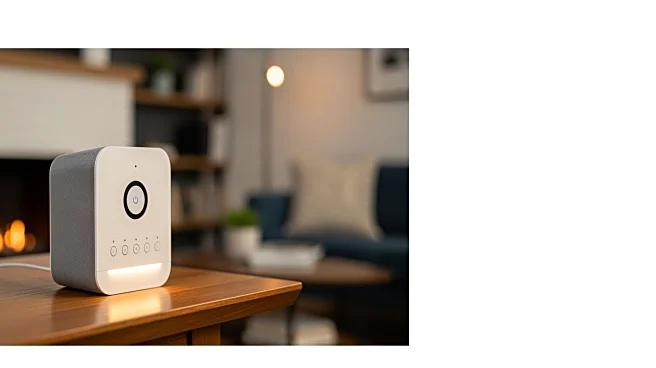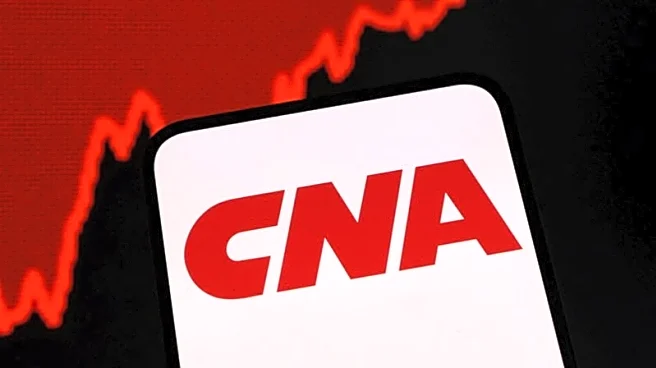What's Happening?
Ikea has announced a new line of smart home products that are compatible with the Matter standard, which aims to unify smart home technology across different brands and platforms. The new offerings include a variety of devices such as lights, sensors,
and controllers, with a particular highlight being the customizable Bilresa buttons and remotes. These products are designed to democratize smart home technology, making it more accessible to a wider audience. Although the products are not yet available for purchase, Ikea's move is seen as a significant step in the smart home industry, potentially setting a new standard for interoperability and ease of use.
Why It's Important?
The introduction of Matter-compatible devices by Ikea is significant as it addresses a major challenge in the smart home industry: interoperability. By supporting the Matter standard, Ikea's products can work seamlessly with devices from other brands, reducing the complexity and fragmentation that has often plagued smart home setups. This could lead to increased adoption of smart home technology, as consumers are more likely to invest in systems that offer compatibility and ease of integration. Additionally, Ikea's reputation for affordable and accessible products may encourage more consumers to explore smart home solutions, potentially driving growth in the market.
What's Next?
As Ikea prepares to launch these new products, the smart home industry is likely to see increased competition and innovation. Other companies may follow suit, adopting the Matter standard to ensure their products are compatible with a broader range of devices. This could lead to a more cohesive and user-friendly smart home ecosystem. Consumers can expect more announcements and product releases as the industry moves towards greater standardization. Additionally, Ikea's entry into the smart home market with Matter-compatible devices may prompt discussions on pricing strategies and market positioning among competitors.
Beyond the Headlines
The adoption of the Matter standard by Ikea could have long-term implications for the smart home industry, potentially influencing regulatory standards and consumer expectations. As more companies align with Matter, there may be increased pressure on those that do not, potentially leading to shifts in market dynamics. Furthermore, the focus on interoperability could drive innovation in device functionality and user experience, as companies seek to differentiate their offerings in a more standardized market. This development also raises questions about data privacy and security, as interconnected devices become more prevalent in consumers' homes.
















